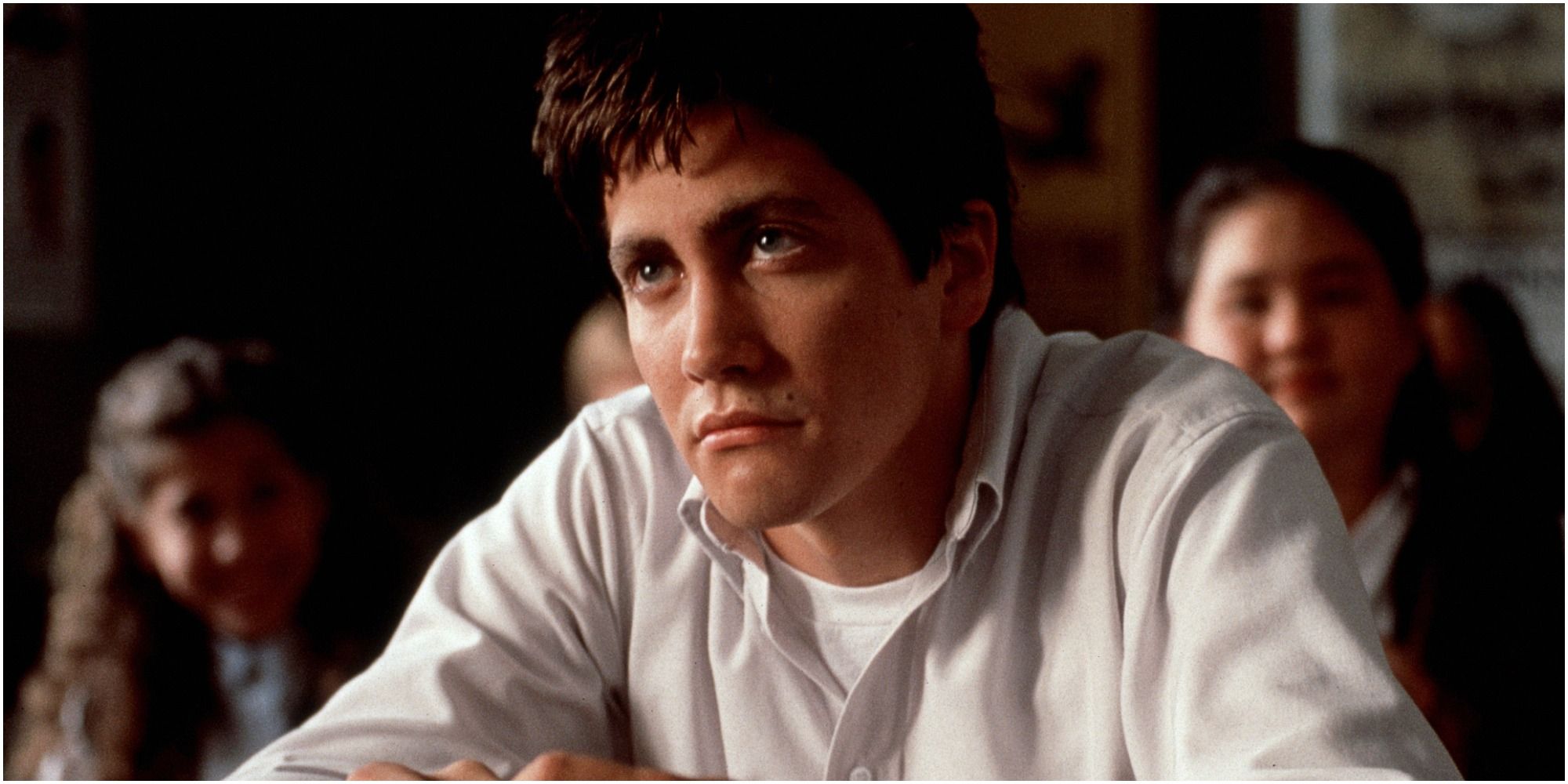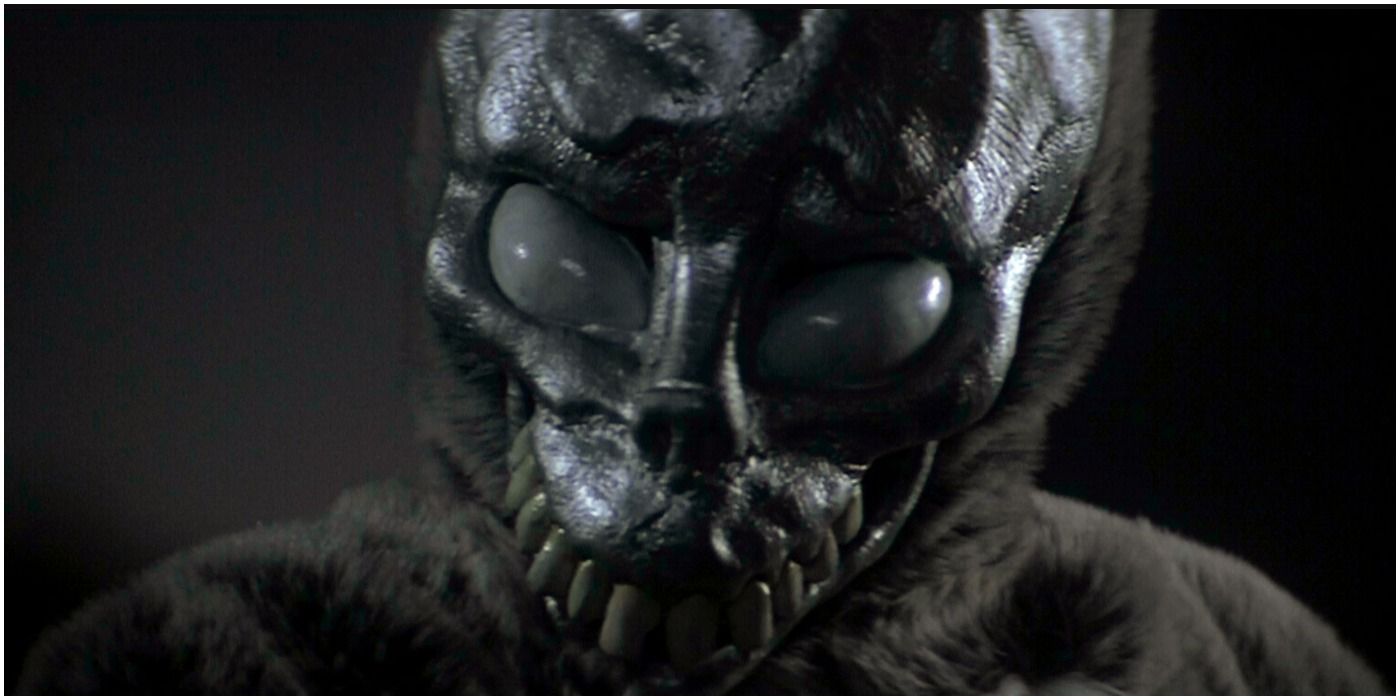Academy Award-nominated filmmaker Christopher Nolan and his wife, producer Emma Thomas, had a significant hand in making Donnie Darko a little more understandable. The 2001 Richard Kelly film was largely overlooked upon its initial release, but twenty years on it’s now regarded as something of a cult classic.
Arguably the first film in which Jake Gyllenhaal delivered a standout performance, Donnie Darko dealt with the realities faced by troubled teen Donald J. “Donnie” Darko (Gyllenhaal) after being told by a giant rabbit called Frank that the world would end in 28 days’ time. Despite the film’s positive reviews, it failed to make much of an impact at the box office. At the same time, however, it instantly established Kelly as a new and exciting voice in cinema. A sequel was made in 2009, but this was done without any involvement from Kelly whatsoever. Unfortunately, it failed to meet the unique and compelling standards that Kelly had imbued the first film with and fans of the original film didn’t find the same kinship with the sequel.
One of the reasons for Donnie Darko’s initial inability to create much of a stir at the box office despite positive reviews was thanks to its somewhat complex narrative. The time jumps and seamless shifting between reality and imagination can be confusing for some. Originally the film felt a little more unclear than it ultimately ended up being and, according to The Ringer, it was thanks to Nolan and Thomas that things became a little easier to understand. Kelly stated that after a private screening, the couple made one small suggestion: “Chris and his wife, it was their idea to put the parenthetical beneath the title cards.”
It might seem like a relatively tiny thing to point out, but without the title cards that displayed the exact amount of time remaining until the end of the world, Donnie Darko would indeed have been even less mainstream-friendly than it was. The cards helped to give things an organized state and this in turn, gave audiences a better chance of following the film’s plot. But in addition to giving the film a bit more of a fighting chance, Nolan and Thomas were actually key in getting Donnie Darko a theatrical release. The success of Memento had proven that Nolan’s work was paying attention to, and Newmarket Films – the production company behind Memento - were responsible for releasing Donnie Darko. In other words, Newmarket executives trusted the opinions of Nolan and Thomas.
Much has changed in cinema since 2001, and were Donnie Darko released today, it’s hard to say if it would fare better or worse than it did twenty years ago. What is certain, however, is that after the relative simplicity of Memento, Nolan’s career blew up into something far more complex and exploratory. In this way, it’s somewhat ironic that he would have given anyone tips on how to make their film less confusing, considering it often seems that Nolan is intentionally trying to confuse his own audiences.
Source: The Ringer


